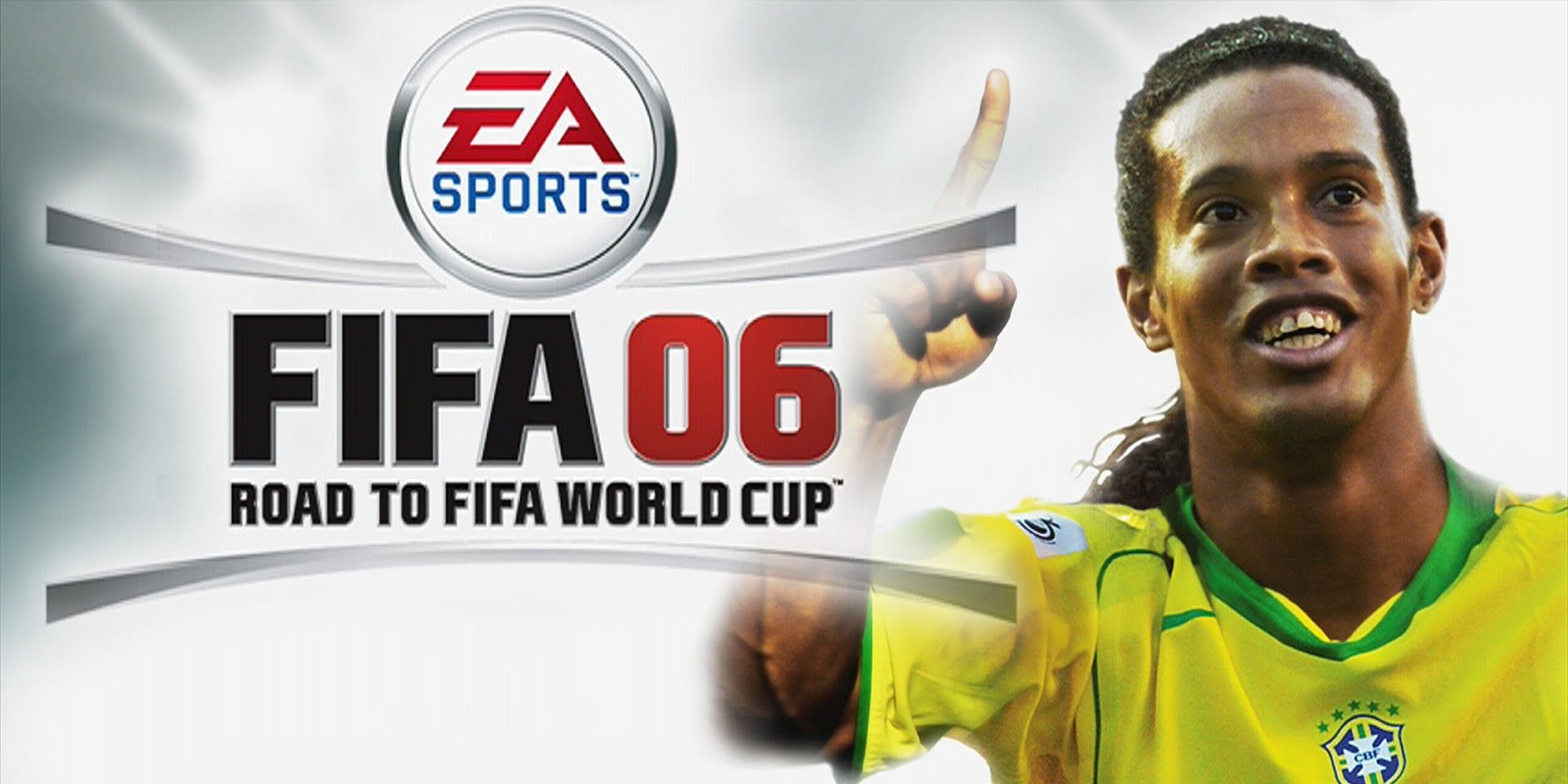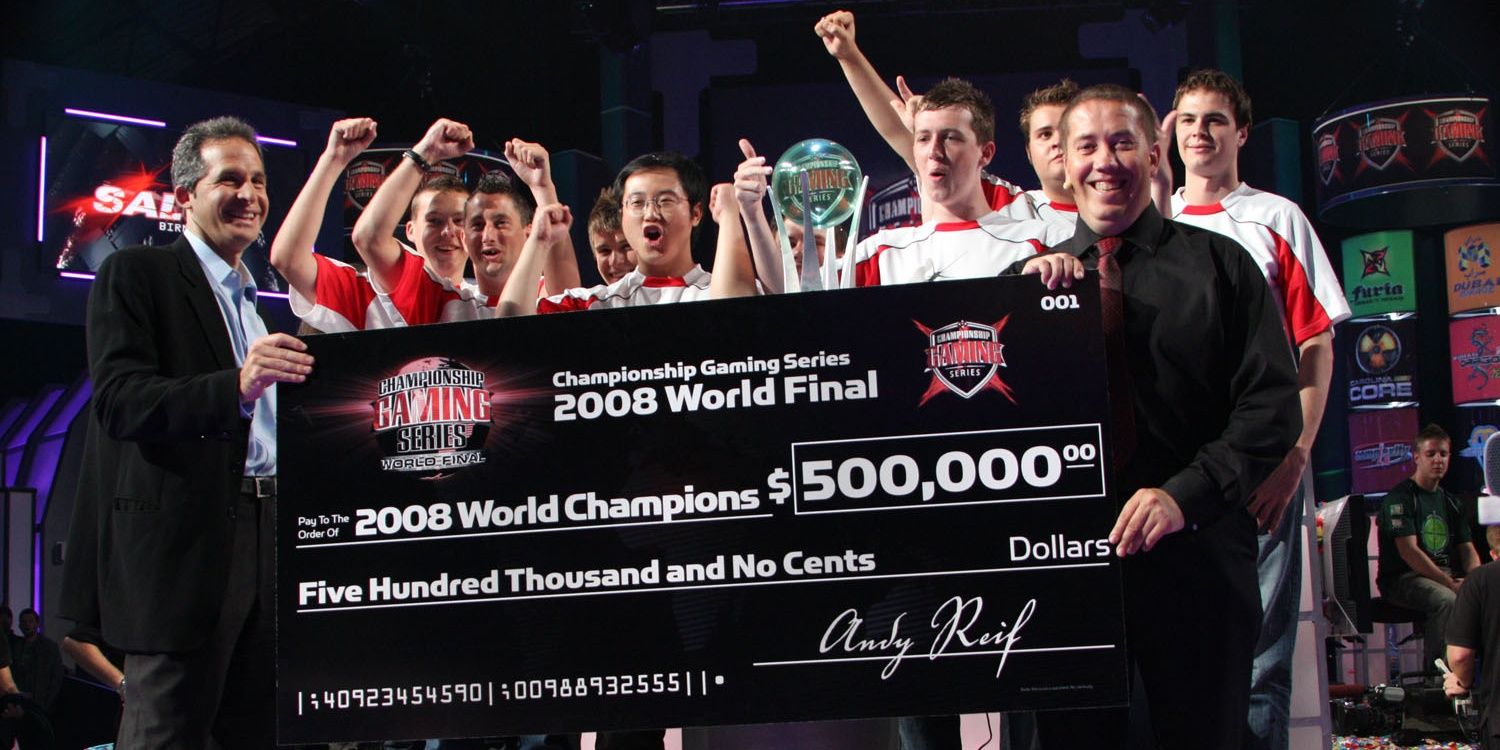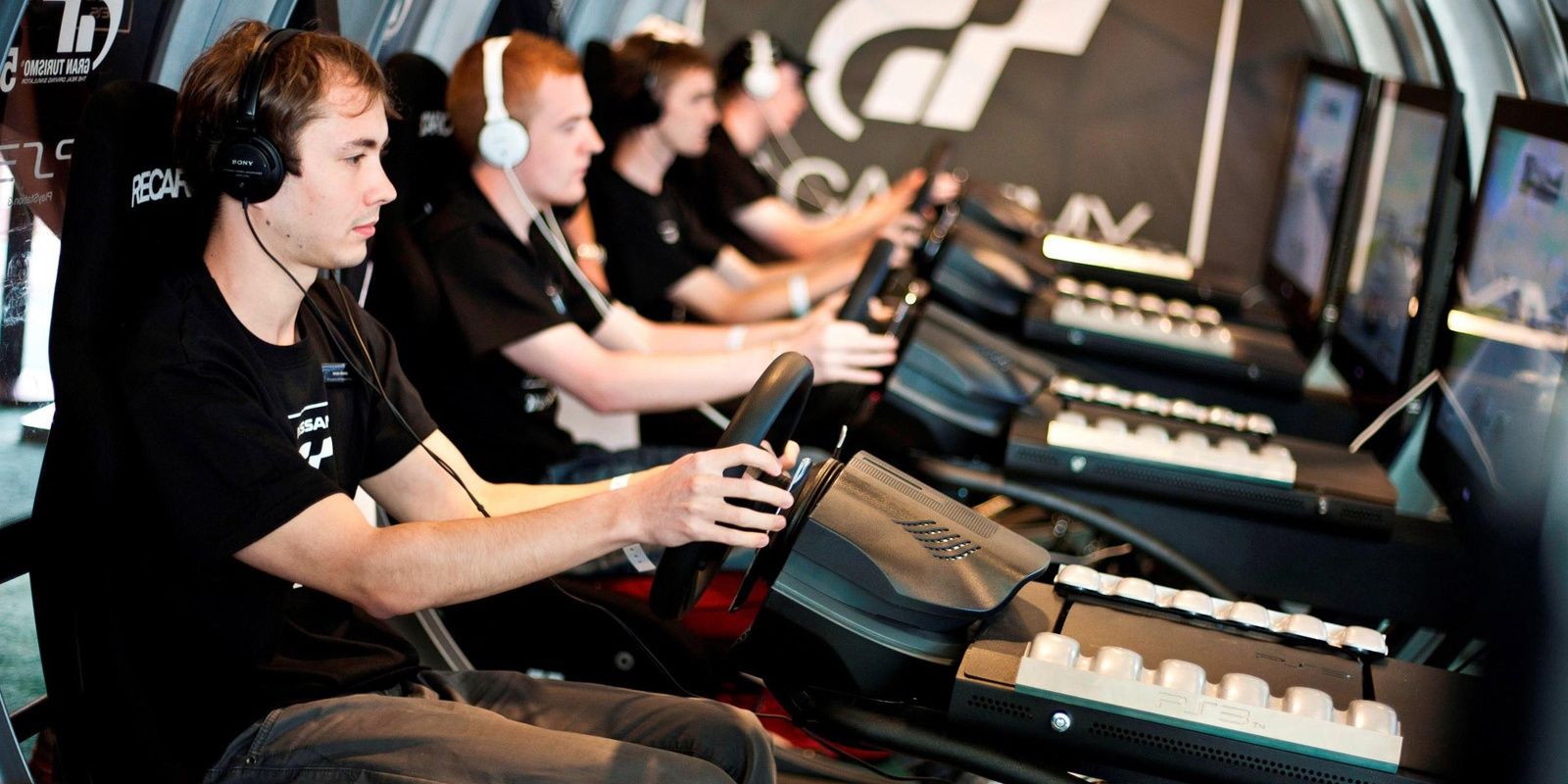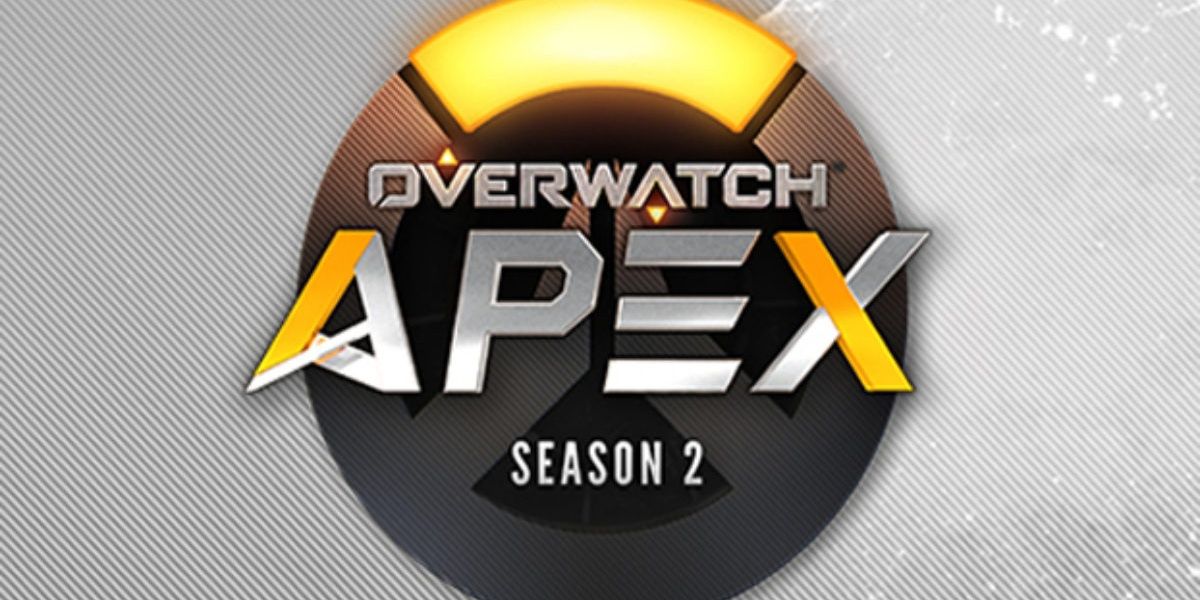While eSports aren’t on World Cup or Super Bowl levels of fame, they have produced their fair share of famous and infamous moments. Like Daigo Umehara parrying Justin Wong’s super in Street Fighter 3: Third Strike at Evo 2004, or when Nikhil ‘Forsaken’ Kumawat was caught cheating for his CSGO team at eXTREMESLAND’s 2018 event.
While events like Evo and eXTREMESLAND have become big business across the world, there are others that weren’t so lucky. Here are eSports competitions that shot for the moon, then came crashing back down to Earth.
8 Video Game Masters Tournament: 1983-1987
Credit: Datagod
Starting with the oldest on the bunch, the Video Games Masters Tournament (VGMT) was formed by Twin Galaxies to generate video game-related achievements for the Guinness Book of World Records. As such, it became a big deal during the 1980s. If a player wanted to get recognized worldwide for their Centipede or Donkey Kong skills, the Video Game Masters Tournament was the place to go.
The event was held in different arcades across the country, with the US National Video Game Team collecting the data and verifying scores. It was through the VGMT that the likes of Steve Sanders and the notorious Billy Mitchell made their names. The event stopped after the 1987 contest, but Twin Galaxies would sponsor other events well into the 2000s.
7 AMD Professional Gamers League: 1997-2000
While the VGMT kind of paved the way for eSports, it wasn’t until the late 1990s that things got more familiar. 1997’s AMD Professional Gamers League hosted tournaments for tactical strategy games like Command & Conquer: Red Alert and first-person shooters like Quake. It got quite big too, with Microsoft, Nvidia, and Levi’s among others injecting $1.2 million into the event.
The Quake tournament in particular got 1,400 players online. The finals were held across January 30th-31st, 1998 and got the winner and eventual eSports Hall of Famer Dennis ‘Thresh’ Fong $7,500. But the event went quiet in 1999 before it was bought by Gamers.com the following year. Nowadays, the similarly named Romanian company PGL eSports runs contests in their stead.
6 Cyberathlete Professional League: 1997-2013
Like AMD’s contest, Cyberathlete was also founded in 1997 and held contests in shooters and strategy games. Jonathan ‘Fatal1ty’ Wendel cut his teeth in Cyberathlete’s competitions, winning $500,000 at the 2005 Event’s Painkiller Finals. Not only was it a big deal, but it could also earn its winners big bucks.
However, by 2008, eSports was growing and Cyberathlete had trouble keeping up with the other competitors. The company was acquired by a UAE Investment Group that year, then it passed onto WoLong Ventures in Singapore in 2010. The name was used for a series of contests in Shenyang, China from 2011 to 2013, but the big money was gone by then. The top prize at the last Cyberathlete competition was $6,500.
5 Tougeki: Super Battle Opera: 2003-2012
While Evo is the most famous fighting game tournament, Super Battle Opera was hot on its heels for its full run. Hosted by Japan’s Arcadia magazine, the tournament would pull in players from all across Japan in April, before culminating in a 2–3-day long final event in August. The event would crown champions in many famous fighting games, from Super Street Fighter 2 Turbo to Guilty Gear XX#Reload. Arcadia would even release DVDs of the full tournaments.
But over time, attendance fell, with their 2012 tournament being the last Opera. It didn’t go down well either, with the new outdoor environment in Chiba causing light glare issues, high temperatures, and network issues that interrupted matches. The finals ended up overrunning too, leaving many attendees stranded after the last train of the night left.
4 World League eSport Bundesliga: 2005-2006
Now it’s Germany’s turn. World League eSport Bundesliga held tournaments for Counter-Strike, and Counter-Strike: Origin. But their biggest deal was their FIFA 06 season, which had its own league divisions and rules. It’s why the event had the ‘Bundesliga’ name in it, after Germany’s premier soccer association.
It even got on German TV via a deal with Deutsches Sportfernsehen. But it only ran for one season. As much as eSports were growing in the mid-2000s, the FIFA games weren’t going to beat out the actual FIFA back then. Still, the winners came away with a decent prize; up to €50,000 in cash. Not bad for a whole year spent playing soccer games.
3 Championship Gaming Series: 2007-2008
Credit: Calzeh
The Championship Gaming Series beat the Bundesliga by running for two seasons. CGS had a 2006 pilot series before being shown on DirecTV, STAR TV, and BSkyB. General managers would pick out players in a draft and form teams to take each other on at Counter-Strike: Source, Dead or Alive 4, FIFA, and a racing game. The first season used Project Gotham Racing 3, while the second seasons swapped it out for Forza Motorsport 2.
Each victory would earn the team points, and the one with the most points wins. It had a wide scope too, with players from the US, UK, Mexico, Japan, Korea, Australia, the UAE, and more. While its first season pulled in solid ratings, CGS folded soon after its second season. There hasn’t been a solid reason given, but the CGS’ biggest supporter, DirecTV’s David Hill, left the company around that time. Without someone to champion it, there was little reason for everyone else at DirecTV to keep it going.
2 GT Academy: 2008-2016
Credit: Viknesh Vijayenthiran
GT Academy had a twist in its tale compared to other eSports events. Hosted by Nissan and Sony Entertainment, the Academy would pull in Gran Turismo players from across Europe to take each other on in racing competitions. There would be a series of qualifying rounds leading up to a final. The winner would get the chance to train and become an actual racing driver.
It sounds odd, given real cars are generally more complicated to drive than holding face buttons and pushing bumpers and triggers. Yet it lasted 8 years, and eventually expanded to pull in competitors from all around the world. Some winners even managed to keep up their racing careers too, like Spain’s Lucas Ordóñez. Then the show itself won awards for creativity, pioneering, and invention. Regardless, the Academy closed its doors in 2016.
1 Overwatch Apex: 2016-2017
Finishing off in more familiar territory, Overwatch Apex was Korea’s top Overwatch tournament event. Teams from across Korea, and some international ones, would take each other in a best-of-5 match, leading up to a best-of-7 final event. It pulled in 1,500+ players, and many more viewers watching it on OGN, a Korean channel devoted to games and eSports coverage. They even had their own venue, the OGN Giga Arena, to hold the matches.
So, what happened to it? The usual behind-the-scenes shenanigans. Blizzard Entertainment wanted to run its own event in Overwatch Contenders and change Apex's name to ‘Contenders Korea.’ Then they decided to switch from OGN to its bigger rival MBC. OGN had planned on shooting one more Apex tournament before the rebranding. Instead, they had to shut the whole thing down and move on. Though the Contenders events would still take place at the Giga Arena, so live attendees still had their fun.

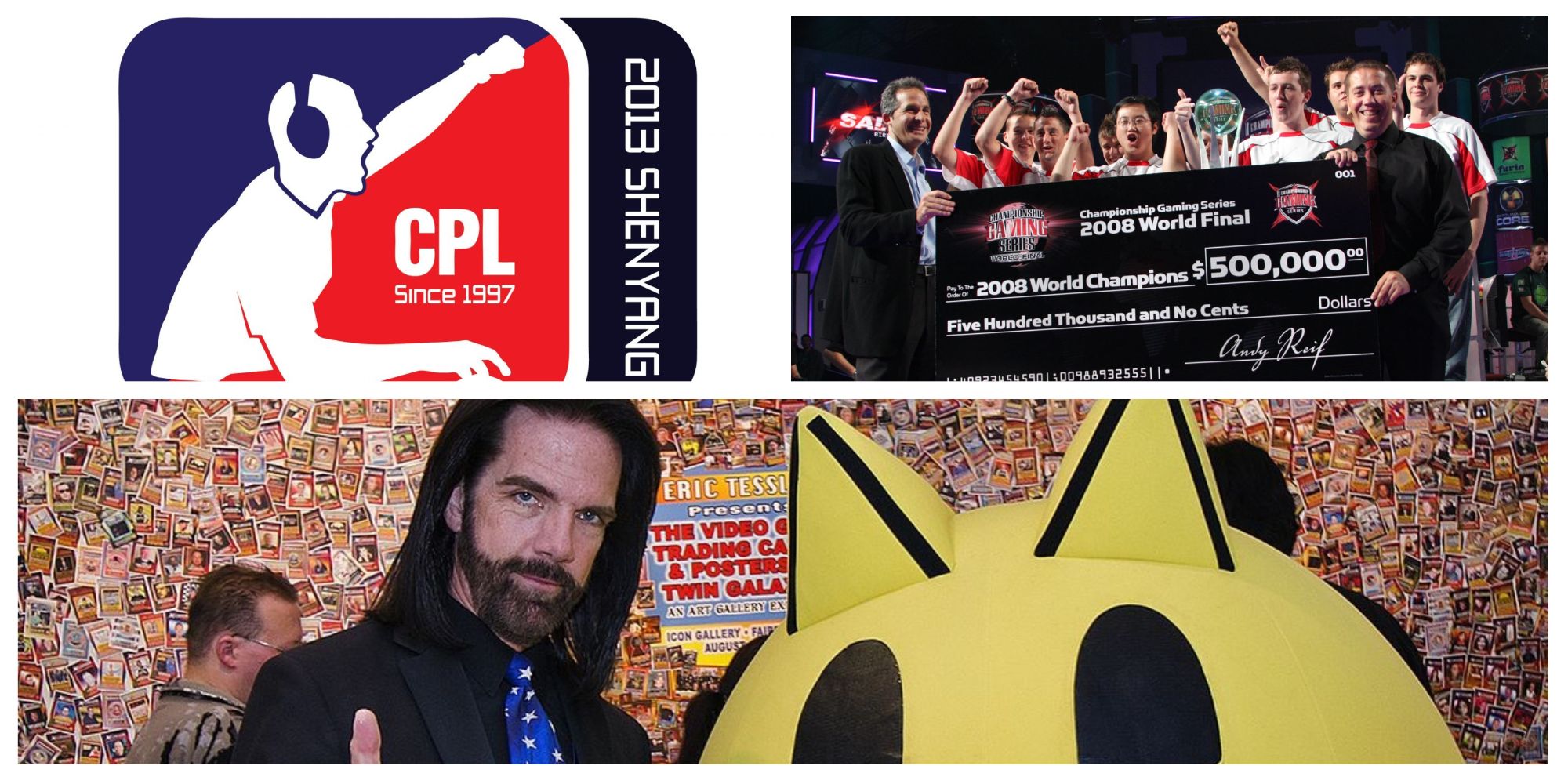
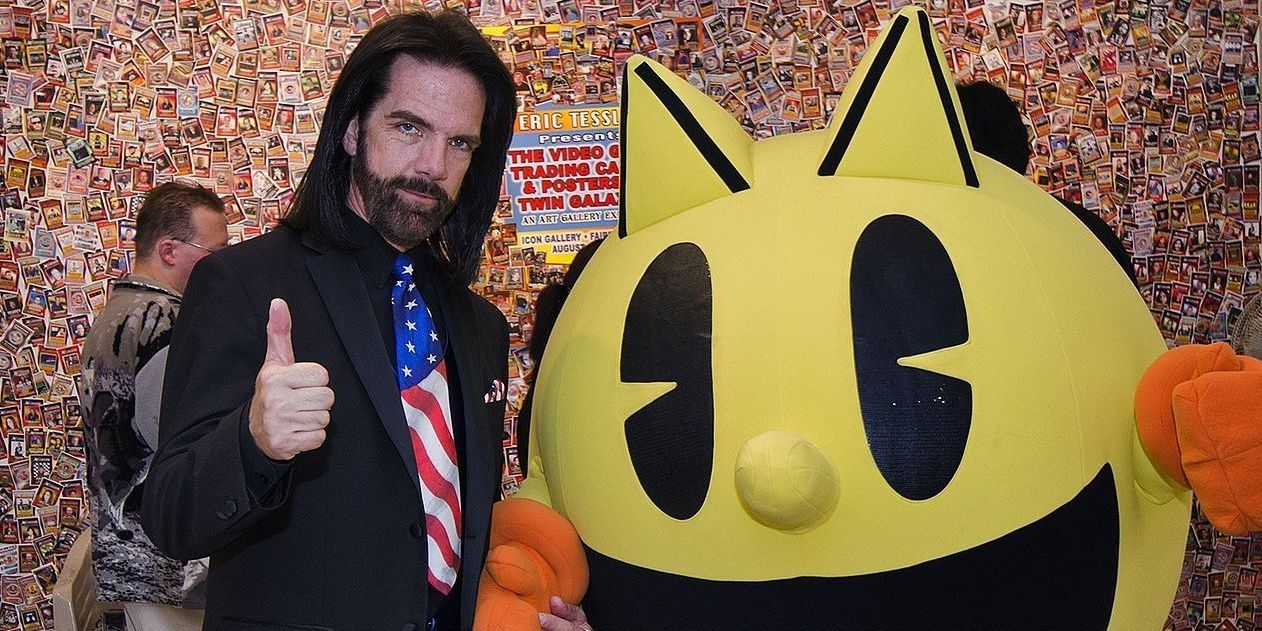
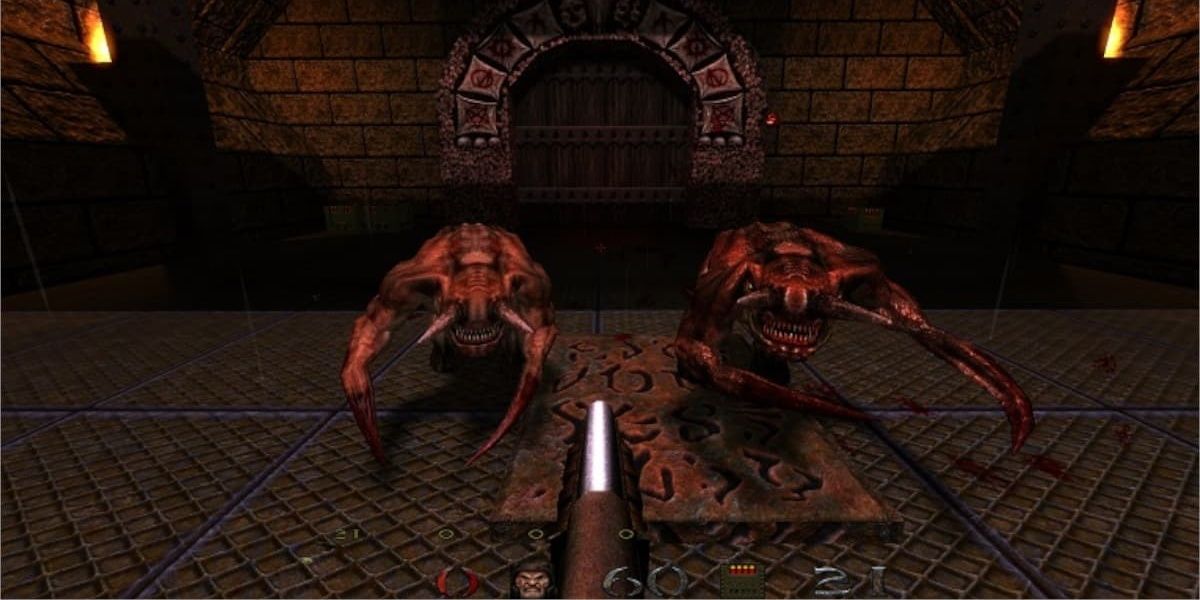
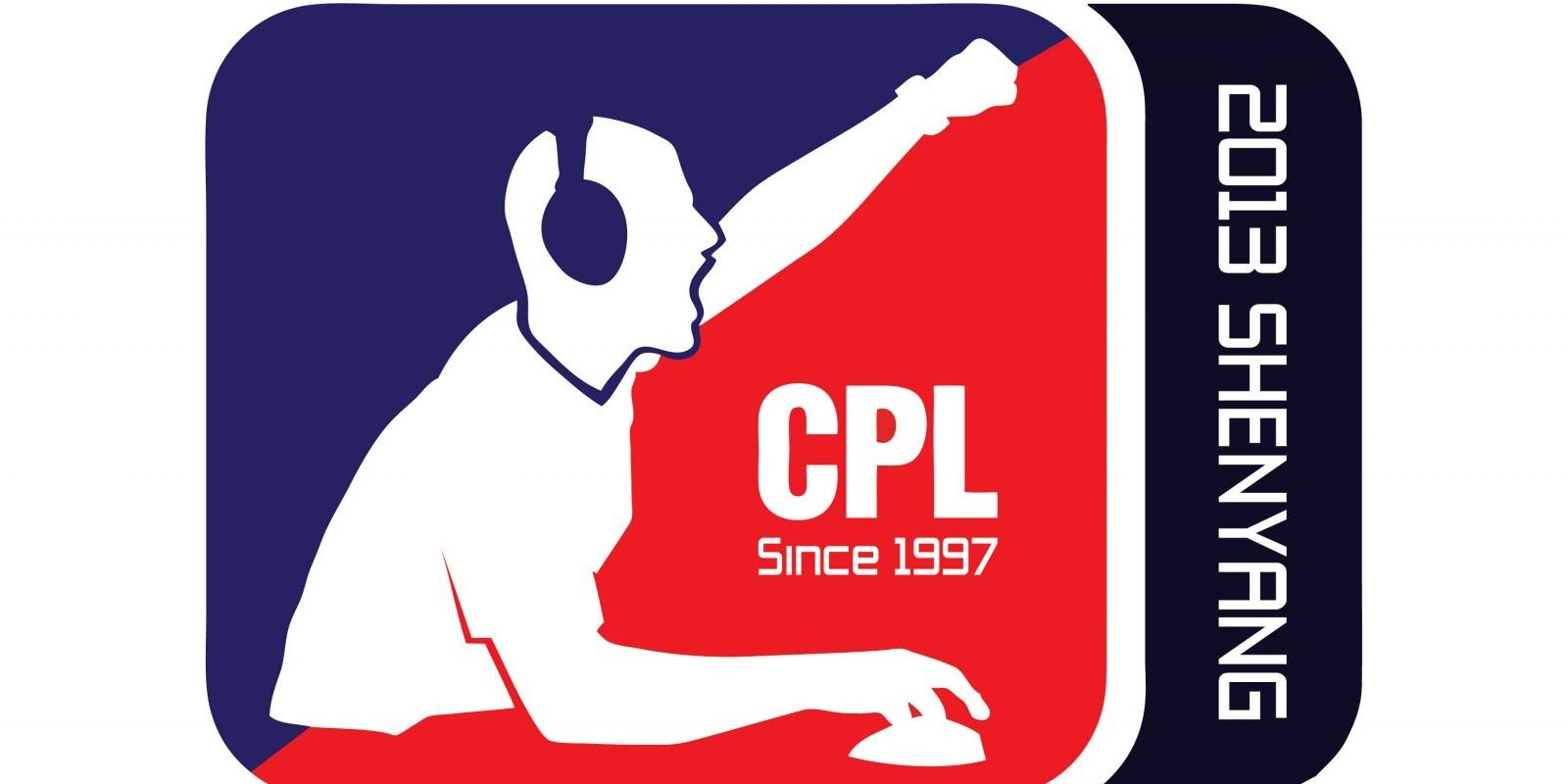
-Cropped.jpg)
